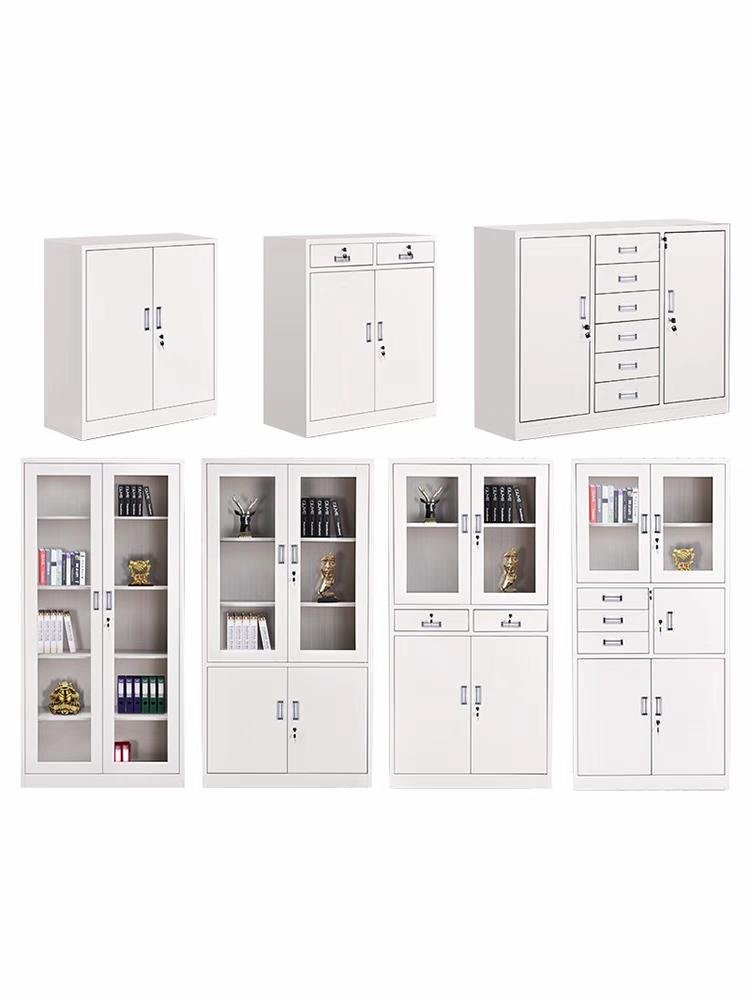Table of Contents
ToggleDiscover How Powder Spraying Elevates Performance and Longevity-Tin File Cabinet
In today’s fast-paced office environments, efficient storage solutions are critical for productivity and security. A tin file cabinet stands out as a versatile, cost-effective option for businesses seeking reliable document management. Unlike traditional materials, tin cabinets combined with advanced powder spraying techniques offer unmatched durability and customization. This guide explores why tin cabinets are ideal for modern workplaces and how their manufacturing process ensures lasting value.

What Makes Tin File Cabinet Unique?
Material Advantages of Tin
Tin file cabinets are crafted from high-grade steel coated with a thin layer of tin, providing distinct benefits:
Corrosion Resistance: Tin’s natural oxidation barrier prevents rust, even in humid environments.
Lightweight Durability: 30% lighter than solid steel cabinets, yet maintains structural integrity.
Eco-Friendly: Tin is 100% recyclable, aligning with corporate sustainability goals.
| Feature | Tin Cabinet | Standard Steel Cabinet |
| Weight | 18-22 kg | 25-30 kg |
| Rust Resistance | 500+ salt spray hours | 300 salt spray hours |
| Cost Efficiency | 15-20% lower | Higher material cost |
The Role of Powder Spraying in Tin Cabinet Manufacturing
What Is Powder Spraying?
Powder spraying is an electrostatic coating process that bonds dry powder to metal surfaces. For tin file cabinets, this technique enhances:
Surface Protection: Creates a uniform layer resistant to scratches and chipping.
Aesthetic Flexibility: Available in 200+ RAL colors for brand alignment.
Environmental Safety: Zero VOC emissions compared to liquid paints.
Step-by-Step Process
Surface Preparation: Tin sheets are cleaned via phosphate treatment to remove impurities.
Electrostatic Application: Powder particles are charged and sprayed onto the tin surface.
Curing: Heated to 200°C, forming a chemical bond that’s 3x thicker than conventional paint.
Key Benefits of Tin File Cabinets
Space Optimization
Slim Profiles: 45cm depth fits narrow office corners.
Modular Stacking: Secure up to 3 units vertically without floor anchors.
Adjustable Shelves: Convert drawers into open shelving for binders or equipment.
Enhanced Security
Central Locking: Single-key access for 2-4 drawers (ANSI/BHMA Grade 2 certified).
Fireproof Options: Tin cabinets with powder-sprayed fire-resistant coatings withstand 1200°F for 30 minutes (UL 72 tested).
Low Maintenance
Self-Cleaning Surfaces: Powder-sprayed finishes repel dust and stains.
Scratch Repair: Minor scratches can be buffed without recoating.
Applications Across Industries
Corporate Offices
Store HR records, contracts, and financial documents securely.
Use powder-sprayed finishes in company colors for branding.
Healthcare Facilities
HIPAA-compliant storage for patient files.
Antimicrobial powder coatings reduce germ spread.
Educational Institutions
Organize student transcripts and administrative paperwork.
Withstand high-traffic environments like libraries.
How to Choose the Best Tin File Cabinet
Critical Features to Prioritize
Gauge Thickness: 0.6-0.8mm tin-plated steel for optimal durability.
Lock Type: Electronic locks with audit trails for sensitive data.
Certifications: UL fireproofing, OSHA stability compliance.
Avoid Common Pitfalls
Thin Materials: Cabinets under 0.5mm dent easily.
Low-Quality Locks: Avoid wafer locks susceptible to picking.
Non-Adjustable Shelves: Limits storage flexibility.
Maintenance Tips for Longevity
Cleaning Best Practices
Wipe surfaces weekly with a microfiber cloth.
Use mild soap (pH 6-8) to preserve powder-sprayed finishes.
Environmental Protection
Keep cabinets 10cm away from walls to prevent moisture buildup.
Avoid direct sunlight to prevent UV-induced fading.
Conclusion: Invest in Smarter Storage
A tin file cabinet with powder-sprayed coatings delivers the perfect balance of affordability, durability, and style. Whether you’re outfitting a startup or upgrading a corporate archive, these cabinets adapt to evolving needs while protecting critical documents.







